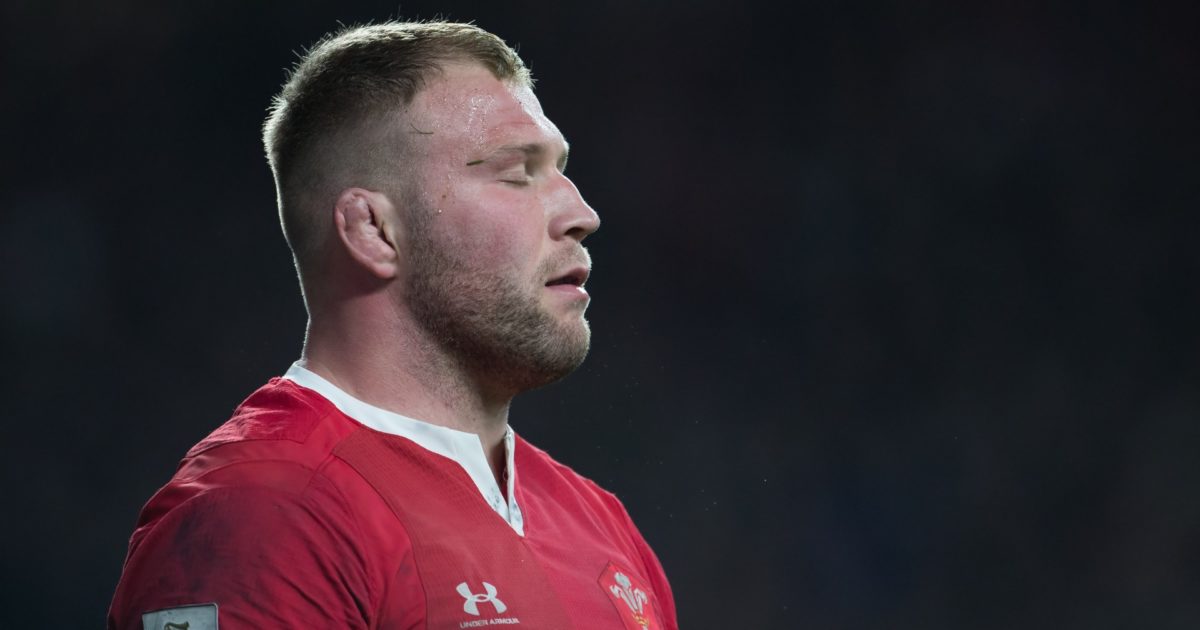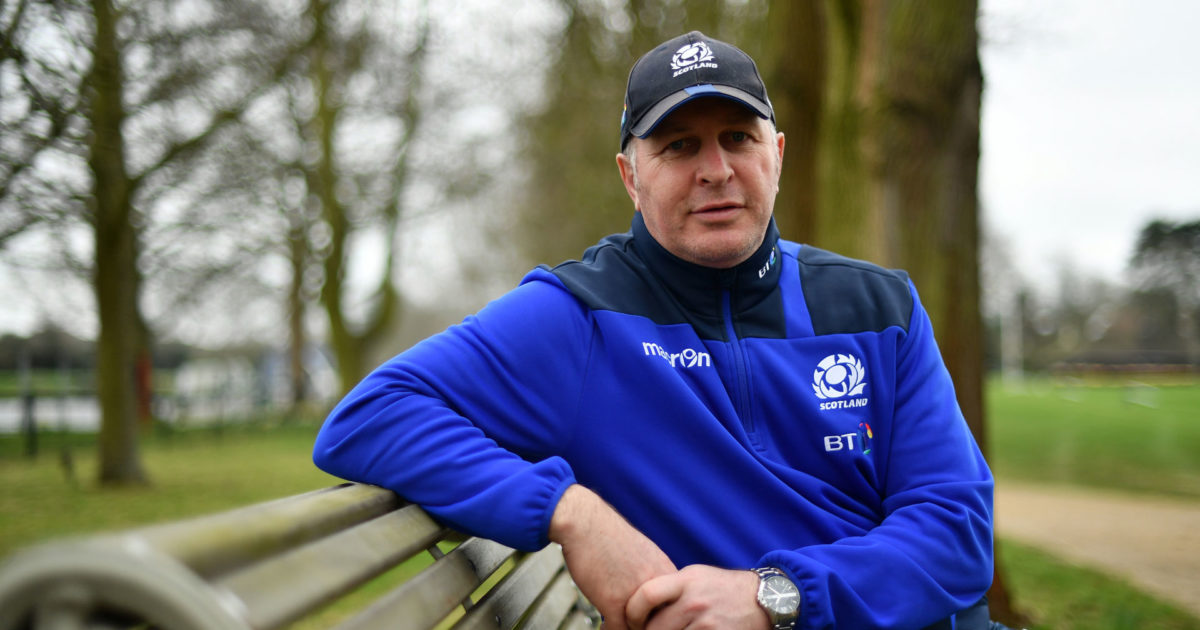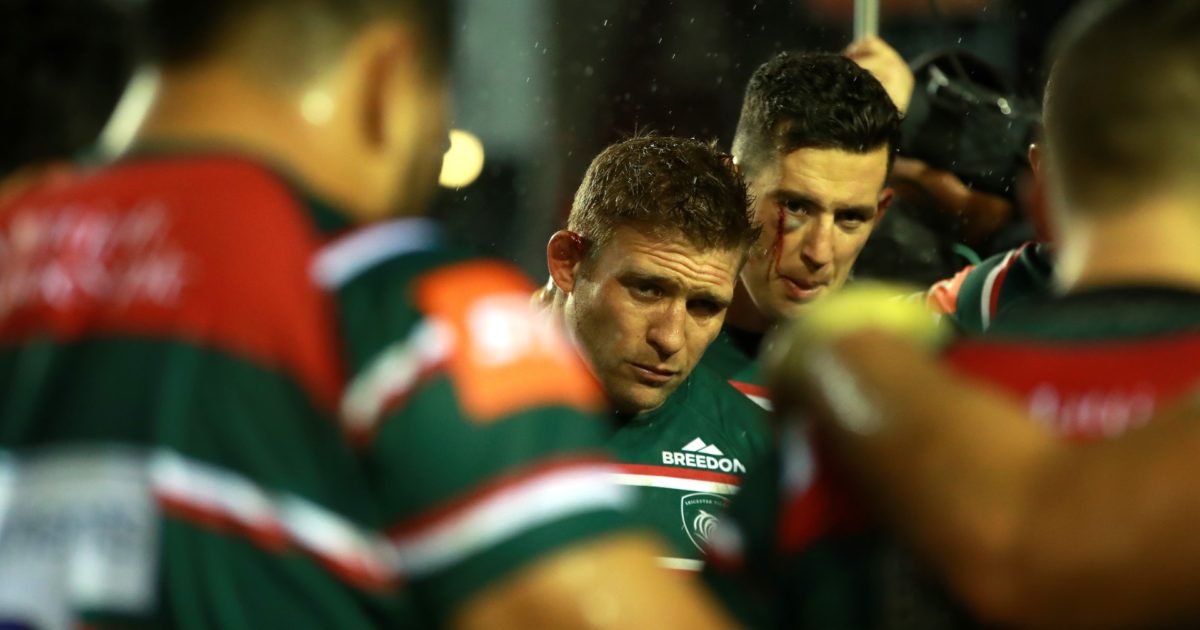Rugby Finances
-
On the Australian broadcasting market.
Private equity emerges as Rugby Australia's last shot at survival as a major sport
The broadcast agreement announced this week was only the entrée before the main course that is the next deal from 2021 to 2025
Bret Harris
Fans are allowing themselves to get excited about a resumption of play after Rugby Australia and Fox Sports announced they had reached an agreement on a “revised” broadcast deal to show the new Super Rugby competition, involving the four franchises plus the Western Force, starting on 3 July.
But the financial future of the game remains uncertain and in the apparent absence of a lucrative deal, private equity has emerged as the last great hope for rugby to remain a major sport in Australia.
Significantly, the value of the interim broadcast deal has not been officially released, although it will eventually leak out. It is almost certain it is not anywhere near the $57m a year RA had been receiving under the previous agreement.
There is speculation Fox Sports initially wanted RA to pay for the broadcast of the domestic Super Rugby competition themselves, but then relented and offered a much reduced deal, which RA had no choice but to accept.
It is understood RA has assured the Super Rugby clubs they will be economically viable for the rest of this year, but what about next year and the year after that?
Whatever deal has been done to enable the game to survive 2020 and the financial impact of the coronavirus pandemic, it is only the entrée before the main course, which is the next broadcast deal from 2021 to 2025.
Fox Sports may offer RA a long-term but very low deal, emphasising the new harsh reality that the days of sports over-reliance on blockbuster TV deals are over.
Fox Sports indicated some time ago they would focus primarily on the two major football competitions in Australia – the AFL and the NRL – and that seems to be the way it is unfolding.
Relations between Fox Sports and RA became strained when former RA chief executive Raelene Castle took broadcast rights to the open market earlier in the year.
It is understood there is no longer any ill feeling between the parties, but the money that has sustained professional rugby in Australia for the last 25 years is just no longer there, with Fox Sports struggling financially themselves.
In this scary scenario, RA will desperately need to secure private equity to make up the shortfall and maintain rugby’s place as a major sport in Australia.
Unlike overseas sport, Australian sport in general and rugby in particular does not have a particularly long and deep involvement with private equity or private ownership.
Several years ago RA, which has always closely guarded its control of the game, opened the Super Rugby franchises to private equity investment, but there were few, or no, takers.
When the Melbourne Rebels were established in 2011 they were meant to create a new model of private ownership of Super Rugby franchises, but the team’s two owners, firstly Harold Mitchell and then Andrew Cox did not last long.
The financial problems at the Rebels contributed largely to RA’s economic woes and led indirectly to the axing of the Force in 2017 when RA could no longer be the lender of last resort when teams got into trouble.
Ironically, the only Australian team with significant private backing is the Force, who are supported by mining magnate Andrew “Twiggy” Forrest.
It is believed Raelene Castle was about to meet with major private equity investor CVC, which has significant investments in European rugby, just before the coronavirus pandemic hit. That was the end of that exercise.
Now, American private equity giant Kohlberg Kravis Roberts (KKR) is reportedly in preliminary discussions with RA “in collaboration” with the Rebels about making an investment in the game worth hundreds of millions of dollars.
KKR are certainly a major player in the private equity field and would have the funds to invest in Australian rugby, assuming they were genuinely interested.
It is unlikely KKR, or anyone else, would be interested in buying an individual Super Rugby club, which would be seen as a potentially bad bet, but rather buy the commercial rights to a competition such as CVC’s investment in the Six Nations and other European competitions.
Whatever deal RA – or even Sanzaar – can strike with private equity, it needs to be done in a hurry, but it may already be too late.
RA’s deal with RUPA for players to take, on average, a 60% pay cut because of the coronavirus pandemic ends at the end of September. RA is currently in discussions with RUPA to amend this deal, which is expected to result in a 10% pay increase, following the signing of the interim broadcast deal and the resumption of play.
But players will demand a lot more than that come the end of September. If RA cannot convince Australia’s leading players it will be able to generate sufficient income to restore something close to their previous multi-million dollar salaries, it risks a mass exodus overseas.
Without an injection of significant capital from private equity, Australian rugby will revert to relying on dwindling broadcast monies and sponsorship for revenue to keep the best players at home. The next three months is not just about a resumption of play for Australia’s Super Rugby teams, but ensuring rugby remains a major sport in this country.e-equity-emerges-as-rugby-australias-last-shot-at-survival-as-a-major-sport
-
I guess if all unions agree and the majority of competitions have to, that should help alleviate a new arms war.
-
Some good info on the costs, and projected losses. But very 'generic' in how much SR Aotearoa is helping to offset/resuce that situation.
-
Rugby Finances / Corona and Sport / Global Calendar .....
Could post this in any of those topics.
2 polar-opposite stories out of the NH yesterday re: the 2 big pro club comps and an extended 'emergency' Autumn international window.
France:
French club presidents vote to extend international window
Top 14 club presidents have voted unanimously to extend the international autumn Test window to five weeks instead of the normal three, but one less than the six wanted by the French rugby union federation (FFR).The French international XV, already slated to play three Tests on successive weekends starting November 7, against Georgia, Australia and South Africa, will now have two extra dates: October 31 and November 28.
The first extra date would likely see France play Ireland in their final Six Nations match, while there are some doubts over participation of southern hemisphere teams because of protocols related to the coronavirus pandemic.
England:
RFU's autumn Test plans hit impasse with Premiership clubs
Plans for an expanded autumn fixture list, in which England could play up to seven Tests later this year, have hit a roadblock with the Rugby Football Union unable to reach an agreement with the Premiership clubs before the initial deadline on Tuesday, the Guardian understands.World Rugby was due to vote on Tuesday on a proposal to reschedule the postponed July tours and the remaining Six Nations matches in October as part of a bumper autumn but is now not expected to do so until mid-July.
While there is a growing sense the July tours – including England’s two-Test trip to Japan – may be cancelled and that the Rugby Championship sides will not travel north in November, the home unions have been exploring staging a one-off eight-team tournament featuring the Six Nations sides and two invitational teams, most likely Japan and Fiji.
Either scenario would require a Test window beginning on 24 October, likely running until 5 December, and would include a mandatory rest week. The English and French clubs have opposed World Rugby’s plans on the grounds they were formulated without consideration for their domestic leagues, insisting that October is part of the club calendar.
According to French newspaper Midi Olympique, the Top 14 is close to an agreement with the French federation, though it states that while the clubs have approved five Test matches, the union wants to play six.
While it is believed that some progress has been made in discussions between the RFU and the Premiership, the decision to delay the vote has been made to give the negotiations more time. Talks over a remodelled global calendar – with the July Test window permanently moving to October – continue amid staunch opposition from the clubs.
“The RFU and PRL are continuing to collaborate on the autumn calendar and the wider global season,” said an RFU spokesperson. “We are hopeful for a positive outcome for all parties.”
England are scheduled to play New Zealand, Argentina, Tonga and Australia in November and it is believed the RFU is also hoping to rearrange the annual match between an England XV and the Barbarians, either for the day after the Premiership final or the Champions Cup final, in October.
-
WRU players temporary 25% pay cuts expire today. I'm amazed this isn't settled yet.
Coronavirus: Welsh players warn against 'arbitrary pay cuts' as talks continue
https://www.bbc.com/sport/rugby-union/53212992 -
Northampton's pay cuts also going permanent.
10% cuts for a year replacing the temporary 25% cuts. Not a bad result for the players IMO.
-
Obviously Leicester also made permanent pay cuts, with the news of the 5 players refusing to sign adjusted deals.
Those were 25% pay cuts.
This is a month old, Leciseter revenue down £5.1m for the FY ending 30 June.
Leicester are a PLC. I think only one in Premiership without a sugar daddy. So actually need to act.
-
Successful Exeter, owner explaining the shut down of conferencing/events and hospitality is biting.
Exeter are actually also building a new hotel by their ground as well. Not sure if it is bad timing or good timing on that one. Good that it isnt complete and their missing out on income. Bad in that future of required hotel room numbers has changed for a few years.
-
France, Top 14 salary cap reduction.
France's Top 14 to drop salary cap by 12 percent
The French Top 14 will reduce its world-leading salary cap gradually over the next four years due to the impact of the coronavirus pandemic, Castres president Pierre-Yves Revol told AFP on Tuesday. The The 11.3-million-euro ($12.74 million) figure will drop by 12 percent to 9.94 million euros by the start of the 2021 season after club chiefsThat's still about 50 % higher than the English salary cap.
Pemiership announced it would reduce its own salary cap to £5 million ($6 million, 5.6 million euros), down from £6.4 million.
-
@Number-10 although ours is less a cap and more affordability!







